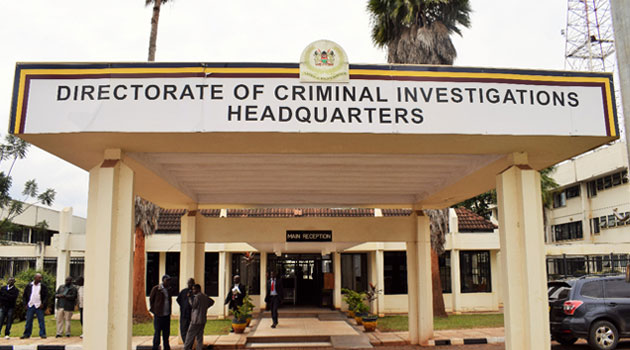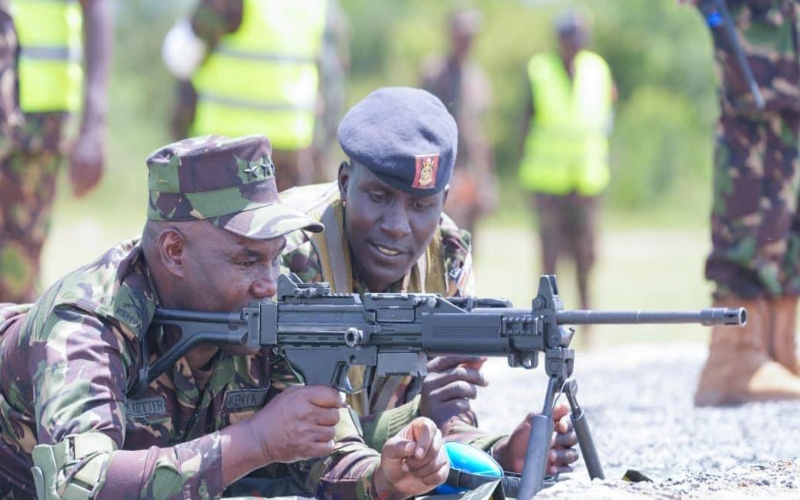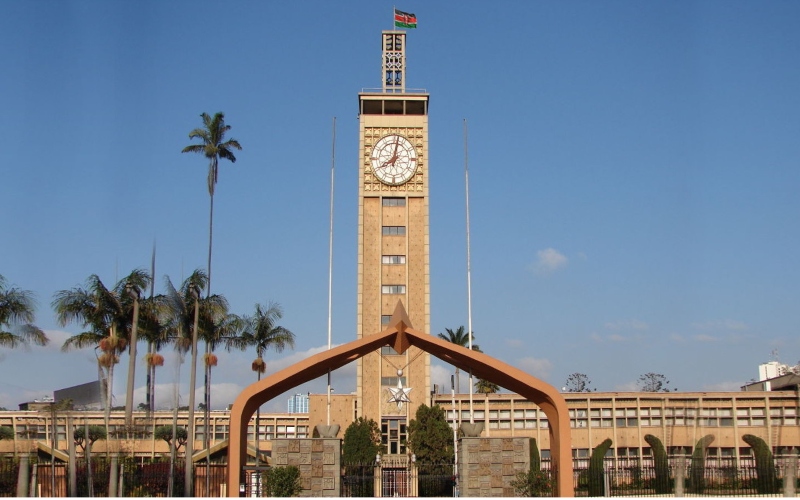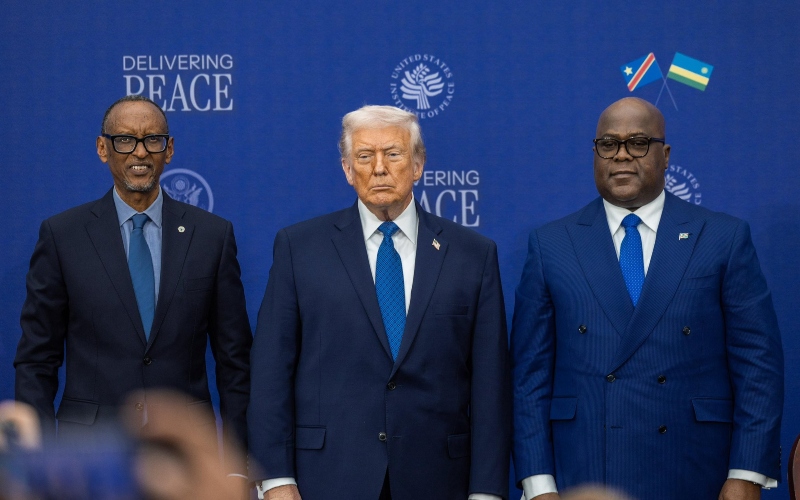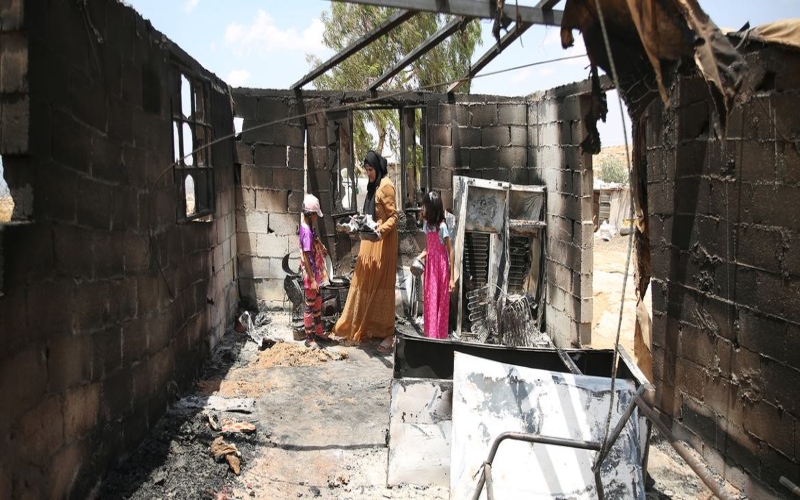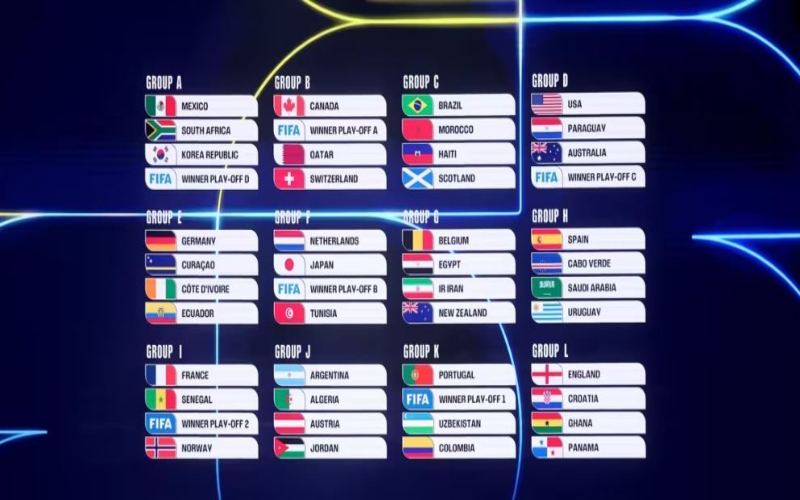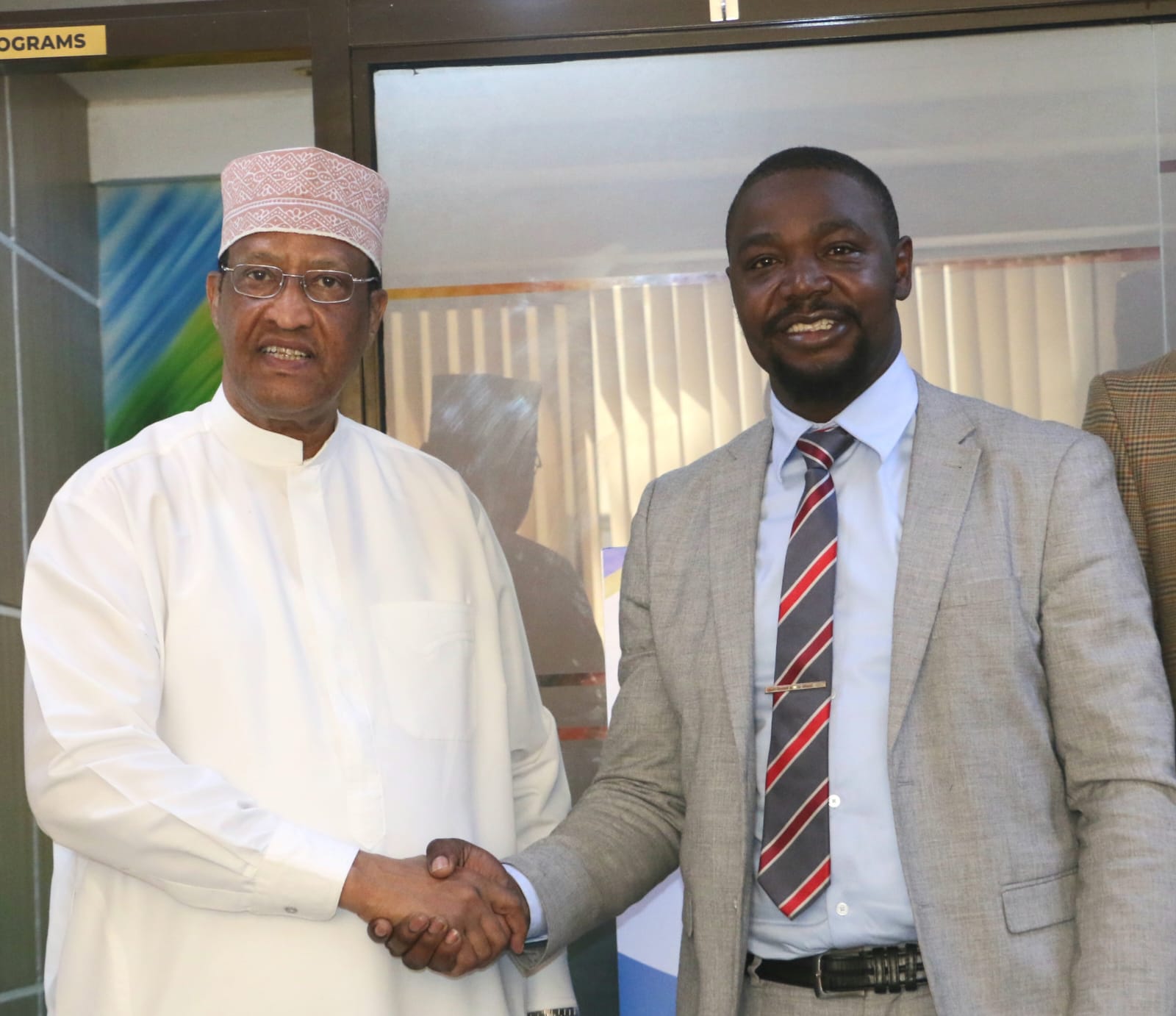Morocco: Police detain dozens in Gen Z protests
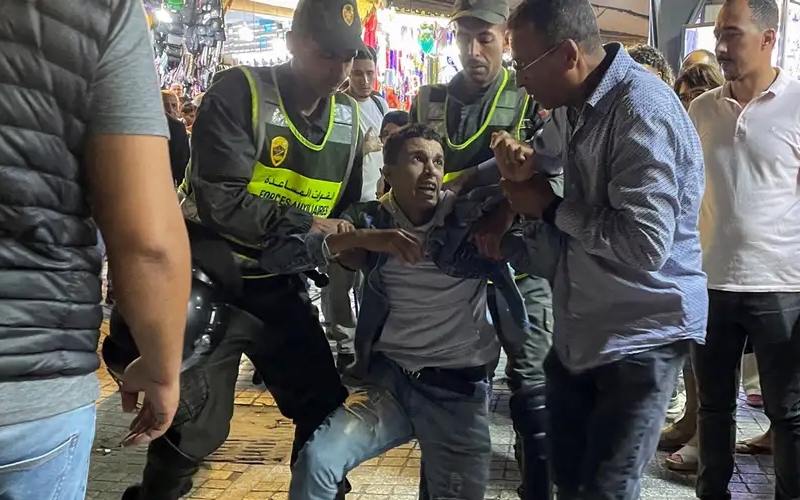
The youth-led demonstrations come amid public discontent over Morocco's social inequalities, which protesters say disproportionately affect young people and women.
Police detained dozens of people on Monday in Morocco, according to a local rights group and news agencies, as they sought to quash a third day of protests calling for education and health reforms.
A heavy security presence was seen in cities such as the capital Rabat and Morocco's largest city Casablanca, as well as in Agadir, Tangier and Oujda.
More To Read
- Gen Z protests in Kenya: Key facts (2024-2025)
- UN human rights experts visit Kenya privately amid concerns over crackdowns, civic freedoms
- Activist Bob Njagi claims Ugandan soldiers took part in Kenya’s 2024 Gen Z crackdown
- Kigame seeks court nod for private prosecutions over 2024–2025 protest abuses
- Police to deploy senior investigators as Rex Masai inquest uncovers new witnesses
- Morocco charges 2,480 in Gen-Z protests over poor governance, health and education
Authorities have been trying to prevent groups of young people from gathering since online calls circulated for protests over the weekend.
Both AFP and Reuters news agencies cite journalists and witnesses as reporting seeing police arrest dozens of young protesters who were trying to chant slogans or speak to the press in Rabat.
Rights activists arrested
The president of a child protection association, Najat Anouar, was arrested as she was speaking to the media and released two hours later.
"I came here to investigate allegations that the underage have been arrested and got arrested myself," she told Reuters.
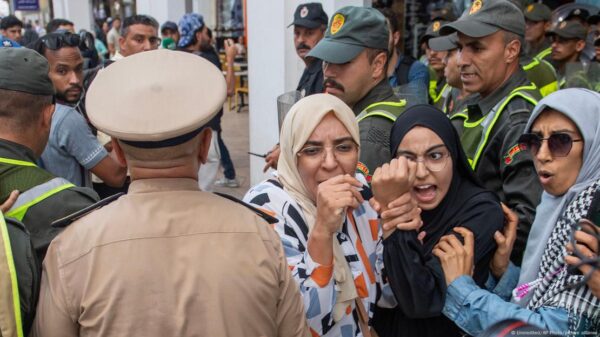 The Moroccan Association for Human Rights said the crackdown on protests restricted the right to freedom of expression. (Photo: Uncredited/AP Photo/picture alliance via DW)
The Moroccan Association for Human Rights said the crackdown on protests restricted the right to freedom of expression. (Photo: Uncredited/AP Photo/picture alliance via DW)
Hakim Sikouk, president of the Rabat branch of the Moroccan Association for Human Rights, or AMDH, said there were "more than 60 arrests in Rabat" and an unknown number in the cities of Casablanca, Agadir, Oujda and Meknes.
The organisation said on Facebook that two of its Rabat branch members were among the arrested.
AMDH said earlier that the arrests "confirm the crackdown on free voices and restriction of the right to freedom of expression."
Police reportedly arrested more than 100 people over the weekend in Rabat, Sikouk said, and dozens elsewhere as young Moroccans took to the streets of at least 11 cities.
On Sunday night in Casablanca, Morocco's largest city, protesters briefly blocked a major highway. In Agadir, videos circulating on social media showed police dispersing students near the university campus.
The majority of protesters detained over the weekend had been released, Sikouk said on Monday.
Why are young Moroccans protesting?
A major complaint is that the North African nation is building stadiums in preparation for hosting the 2030 FIFA World Cup while neglecting public health and education crises.
"Stadiums are here, but where are the hospitals?" people chanted on the weekend.
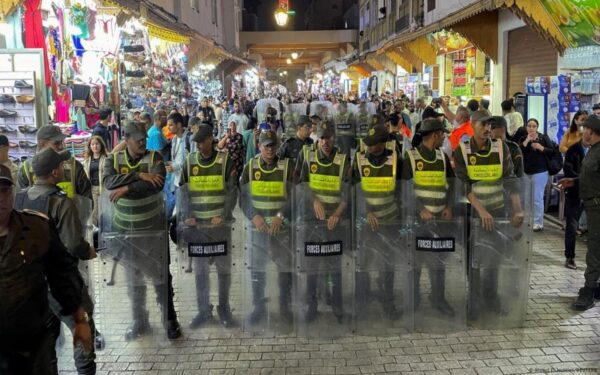 Police in riot gear disrupted protests in several cities on Monday. (Photo: Ahmed El Jechtimi via DW)
Police in riot gear disrupted protests in several cities on Monday. (Photo: Ahmed El Jechtimi via DW)
"We want a better health system and accountability," 25-year-old Brahim told Reuters on Monday in downtown Rabat before fleeing as police sought to prevent people from joining the protest.
The protests come at a time of popular discontent over Morocco's social inequalities, which have disproportionately affected young people and women.
Morocco's unemployment rate stands at 12.8 per cent, with youth unemployment reaching 35.8 per cent and 19 per cent among graduates, according to the national statistics agency.
The deaths of several women at a public hospital in Agadir, a large city on Morocco's central coast, have swelled public outrage.
Who is behind the protests?
The protests have been driven by Moroccan Youth Voice and GenZ 212, loosely formed anonymous youth networks, who put out the call. The groups used platforms including TikTok, Instagram and gaming application Discord to put out a call for protests.
They cited issues such as "health, education and the fight against corruption," while professing their "love for the homeland".
Top Stories Today

